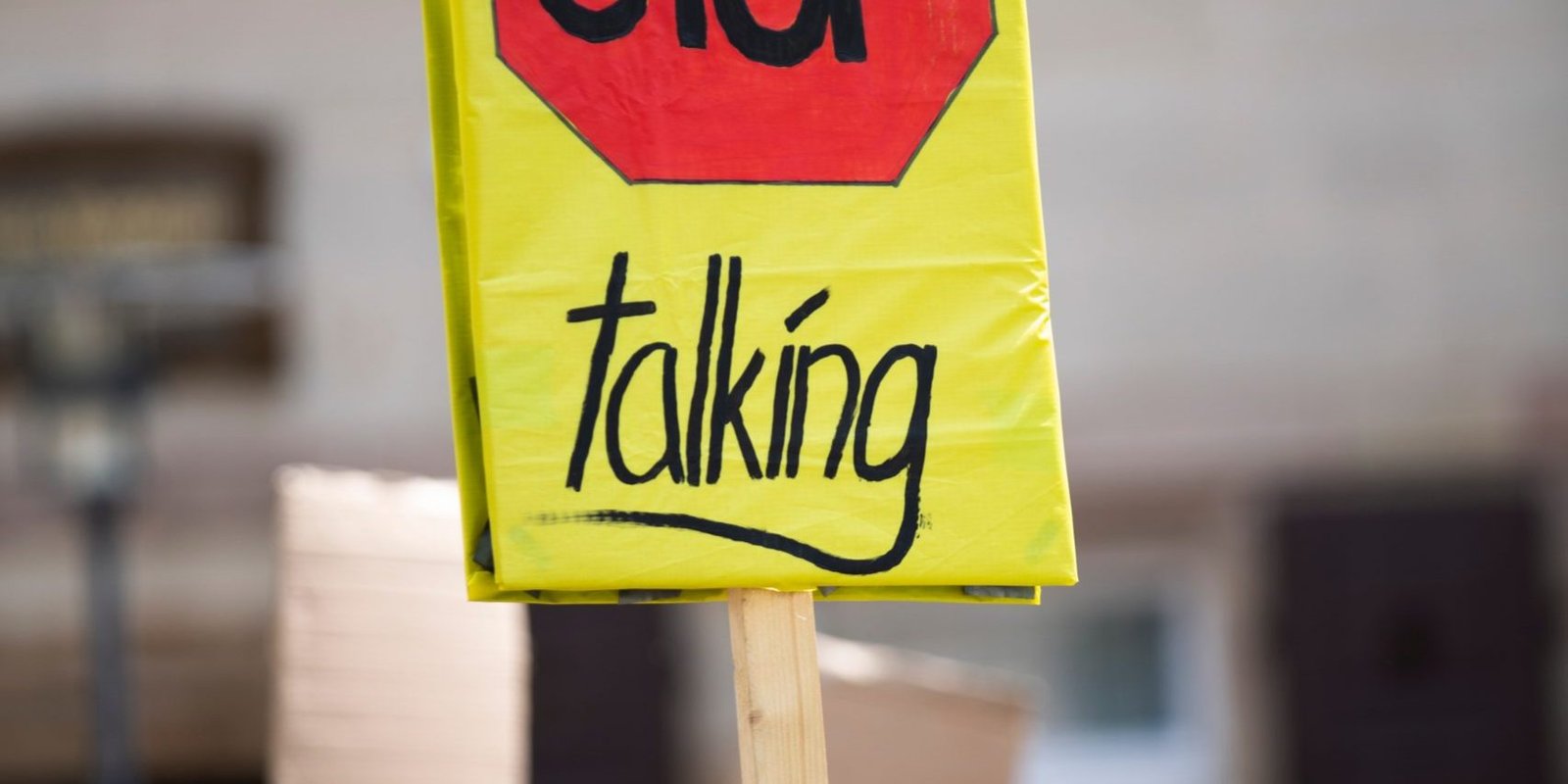Photo by Markus Spiske temporausch.com from Pexels
‘Woke’ is perhaps the most commonly used monosyllabic word today. What does it mean though, why is it such a popular phenomenon and why is the world of marketing and business (that once played it safe) jumping on this bandwagon?
The word, woke is of African American origin and it means to be alert to the social and racial issues in society. It’s quite the juxtaposition to have the world of business that’s commonly perceived to be unprincipled, embodying the essence of staying woke. Regardless of whether or not donning this cloak is in itself a calculative decision is another question entirely.
The 21st-century human community – the youth especially, have collectively become a little more aware of the world around them and the problems in it. Despite (or perhaps because of) global warming, social unrest and every other Armageddon-like event, there has been a rise in conscious consumerism which involves the individual buying from brands that stand for the same values as them and boycotting the ones that do not.
The powerful reach of capitalism and the manner in which it spills over into other segments of society has become common knowledge. But like a light at the end of the tunnel, the grimness of that disappears with the realisation that the customer is indeed queen. The simple realisation that businesses are only as relevant and powerful as the customer makes them. Soon enough, businesses caught on too. They started to take stands on social, global and environmental causes outside the realm of Corporate Social Responsibility.
Colin Kaepernick, a former American football quarterback, took the knee during the national anthem to protest the systemic racism and violence against black folk in the country. He faced a lot of backlash and as a result, the NFL kept their distance from him. Nike however, decided to step in and use Kaepernick and what he stood for as the face and essence of their brand. There were those that loved the campaign and those that hated it, but in the end, Nike’s sales skyrocketed.
When a brand takes a stand in front of the world, they are at the commended, rewarded or at the very least, noticed. The modern consumer is a discerning one – she knows what she stands for and she surrounds herself with people who share those notions. When she looks at a product, she sees much more than its physicality – she sees the brand, its values, the stakeholders, their values, whether or not they recycle, whether or not they practise diversity and inclusivity, etc.
Earlier this year, the Hollywood actor, George Clooney stated that he would be boycotting the Dorchester Collective, a chain of luxury hotels. Clooney followed the money – the Dorchester Collective is owned by the Brunei Investment Agency, an arm of the Ministry of Finance of Brunei, all ultimately leading back to Hassanal Bolkiah the Sultan of Brunei – who had implemented laws that sentenced gay people and those accused of adultery to death by stoning. The boycott caught on and celebrities like Ellen DeGeneres and Elton John followed suit. Although the Sultan finally withdrew the death penalty, the damage to the brand had been done.
We live in a time where brands cannot afford to stay neutral, let alone make casually offensive statements. And if they do, they will be faced with the righteous wrath of the tech-savvy, woke youth.

